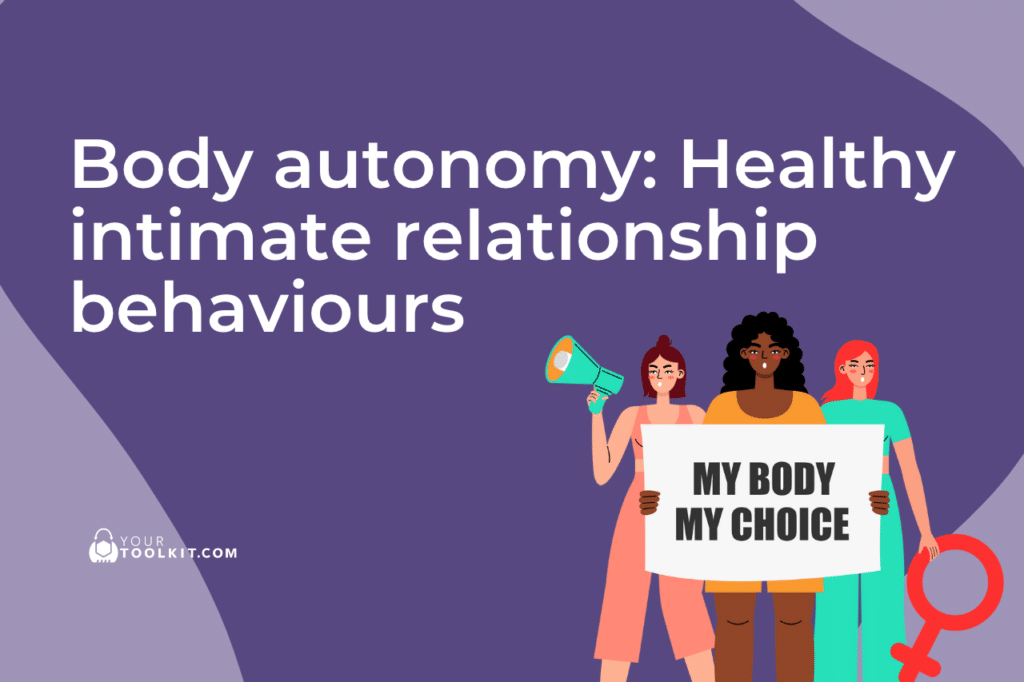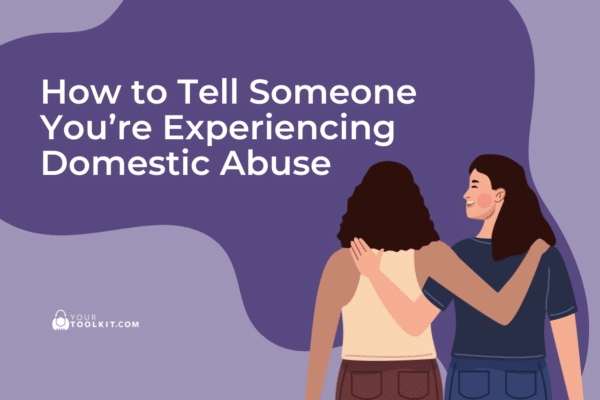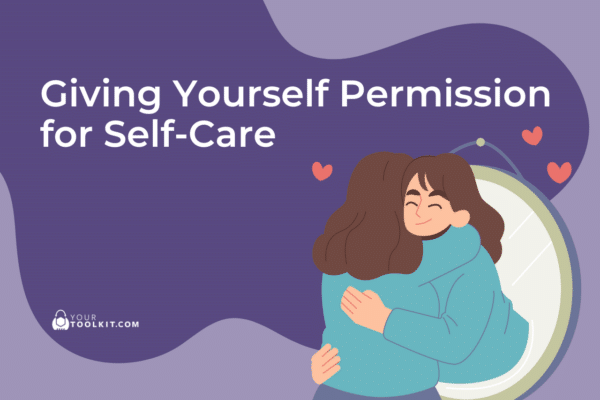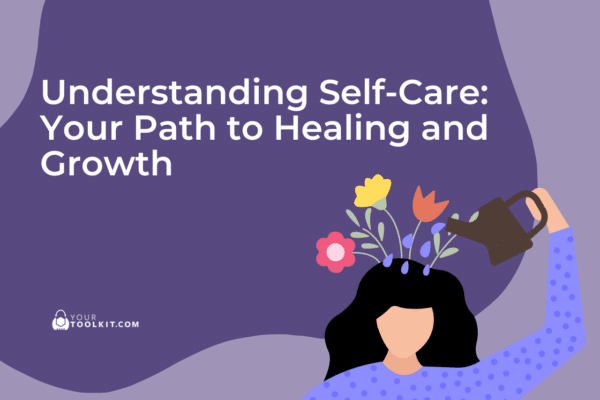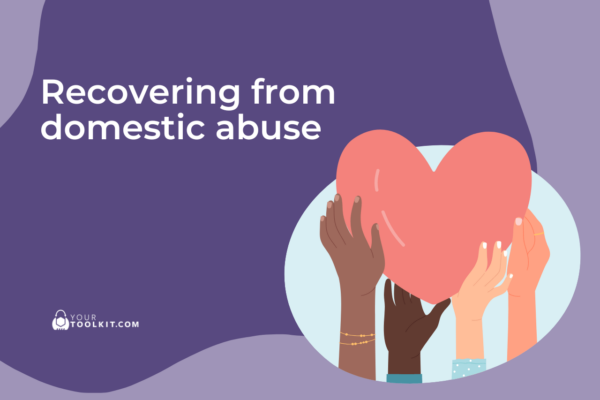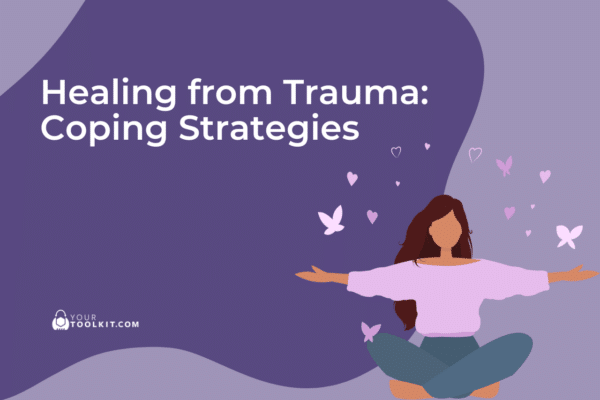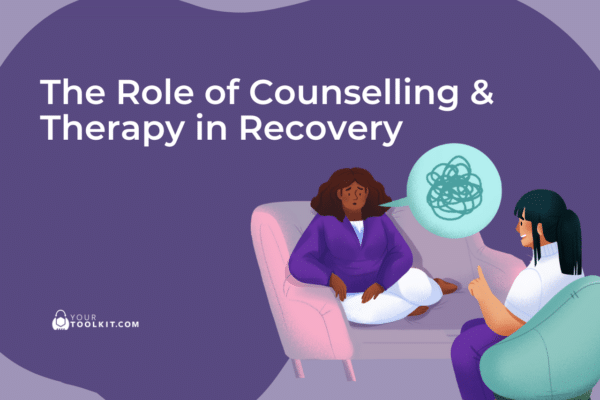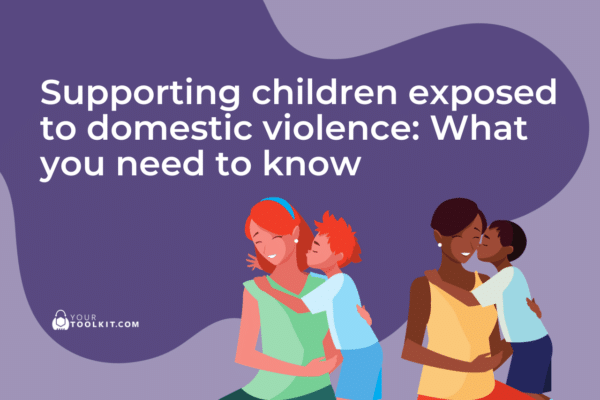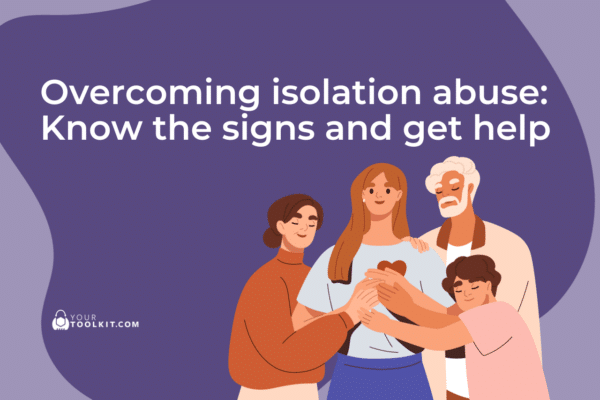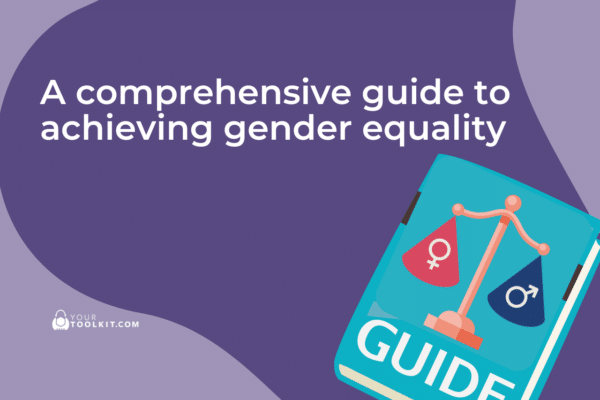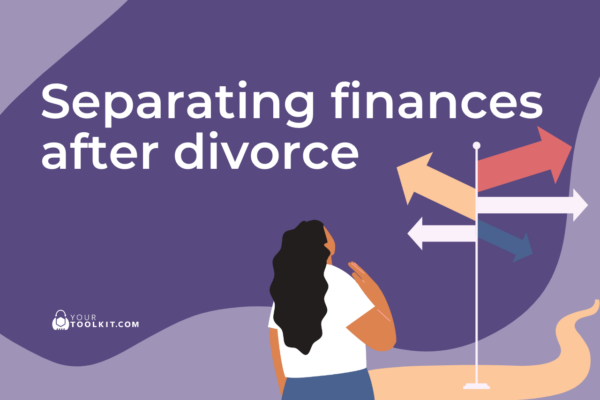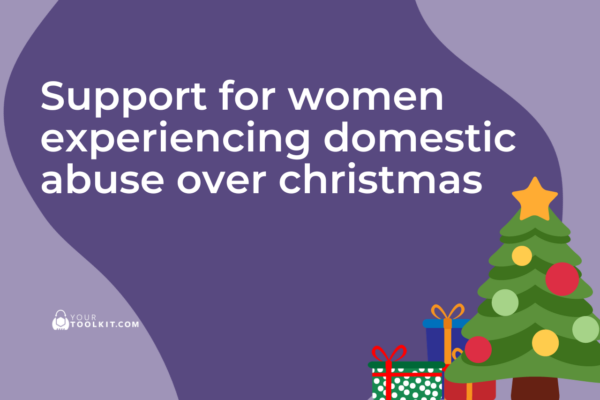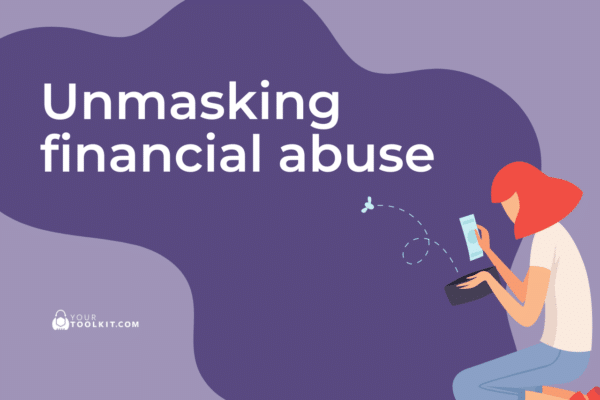Sexual autonomy means having the freedom to protect and decide what happens to your own body. Unfortunately, women have faced societal pressure and been made to feel that they are responsible for satisfying men’s sexual desires. Sexual abuse happens when a partner forces or manipulates the other person into doing things with their body that they don’t want to do.
In this article, you’ll find;
- What does sexual choice look like?
- Healthy intimate relationship behaviours
- What are your reproductive options?
- Finding support during pregnancy
Understanding sexual choice and your rights in a relationship
Sexual autonomy or choice is the right to make decisions about our own bodies and engage in consensual sexual activities. In a healthy relationship, we have the opportunity to set boundaries, express desires, and make choices about our own sexuality. However, in cases of sexual abuse, our autonomy is undermined. Abusers use coercion, manipulation, and threats to control our sexual choices.
Healthy intimate relationship behaviours
Understanding sexual autonomy helps us recognise the importance of consent, respect, and open communication in relationships. Healthy relationships with positive sexual autonomy and choice will include:
- Consent: Both partners have the freedom to give or withhold consent to engage in sexual activities. Consent should be enthusiastic, ongoing, and mutually understood.
- Communication: Healthy sexual relationships involve open and honest communication about desires, boundaries, and preferences. Partners should feel comfortable discussing their needs and concerns without fear of judgement or retribution.
- Mutual Respect: Each partner respects and values the other’s boundaries, desires, and limits. Respecting personal autonomy means recognising and honouring individual preferences and decisions related to sexuality.
- Shared Decision-Making: Decisions regarding sexual activities are made jointly and based on mutual agreement. Both partners have an equal say in what they are comfortable with and are involved in negotiating and establishing boundaries.
- Empowerment: Healthy sexual autonomy promotes empowerment and agency for each partner. It allows individuals to explore their sexuality in a safe and consensual manner, fostering a sense of self-confidence and self-expression.
- Contraceptive consent: Both parties will be aware and make a shared choice over the choice of contraception, and be able to access it with no judgement.
What are your reproductive options?
It’s important for all women to know their reproductive options. Most reproductive decisions can be made with the help of a medical professional and in a way that protects your confidentiality. It’s important that these decisions are ultimately yours, and not made or coerced by anybody else.
Safe and legal access to abortion and pregnancy termination
In Australia abortion and other methods of pregnancy termination are legal. The choice to have or not have an abortion should always be made by the pregnant person.
Access to birth control
There are several types of contraception available in Australia, which can be accessed through prescription from a doctor. Women over the age of 16 can make these appointments in confidence, and the doctor is not able to disclose this information to anyone else.
Sexual abuse and reproductive coercion in relationships
Sexual and reproductive abuse is unfortunately common in abusive relationships and is often hard to talk about. It might include unwanted sexual activity, forced pregnancy or termination or generally having your choices removed.
Reporting sexual abuse
If you have experienced sexual abuse, reaching out for support is a powerful first step. Reporting sexual abuse can feel overwhelming, but there are dedicated services in Australia to guide and support you through the process. Remember, the choice to report is always yours.
Steps to Take:
- Seek Immediate Support: Speak with someone you trust, such as a friend, family member, or counsellor. Sharing your experience can provide emotional relief and help you decide your next steps.
- Contact a Support Service: Confidential helplines, like 1800 RESPECT (1800 737 732), offer 24/7 access to trained counsellors. They can provide emotional support, advice, and information about legal and medical options.
- Understand Your Rights: Access support from free or low-cost legal advice services tailored to understand your options.
- Report to Authorities: You can report sexual abuse to your local police station or by calling 131 444. The police are trained to handle such cases with care and confidentiality.
- Access Medical Care: If necessary, visit a healthcare provider to ensure your physical health and collect any evidence for legal purposes.
Available Resources:
- 1800 RESPECT: National support service for anyone impacted by sexual abuse, offering counselling and referrals.
- Lifeline (13 11 14): A crisis support service providing immediate help for anyone in distress.
- Sexual Assault Support Services (SASS): State-specific organisations offering free counselling and advocacy services.
You don’t have to go through this alone. Support is available to help you navigate this journey with care and respect. Reaching out is an act of strength, you can heal.
